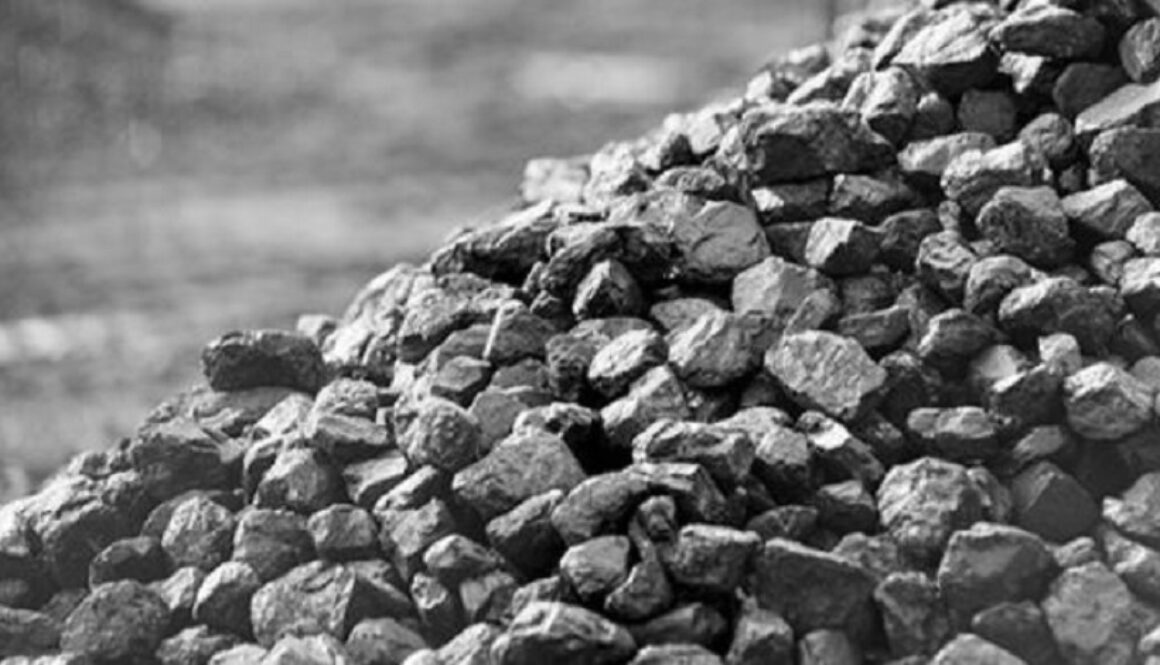Coal India Will Not Have Luxury To Retain Loss-Making Mines: Official
Mining behemoth Coal India will not have luxury to retain its loss-making mines with its aim to remain competitive in the wake of privatisation of coal blocks, a senior government official said
Mining behemoth Coal India will not have luxury to retain its loss-making mines with its aim to remain competitive in the wake of privatisation of coal blocks, a senior government official said on Monday.
It is also expected that India will have a surplus of coal for thermal power plants by next year even though electricity demand grows by six per cent, he said.
Reforms will make the coal sector more vibrant for consumers of the dry fuel but there will be churn in mining activities. I think Coal India will not have the luxury to drag on loss-making mines and continue with financially inefficient mines, Coal Secretary A K Jain said while addressing a conference organised by Mjunction.
Last year, the Maharatna public sector undertaking had announced that it would close down 23 unviable mines, including open cast and underground blocks, as this would help the company save around Rs 500 crore, considering all costs.
The world’s largest coal miner shut down 82 mines in the last three-four years.
Underground mines are a major focus for closures as they are not remunerative. Around 158 such mines employ 43 per cent of the workforce but contribute only 5 per cent of the total production, a Coal India official had said earlier.
Jain also hoped that there will be a surplus of coal for thermal power generation units by the next year with an increase in the dry fuel production in the country from captive miners.
The captive sector is likely to produce 130 million tonne of coal next year.
Addressing the event, Coal India chairman and managing director Pramod Agrawal said the dry fuel would continue to play an important role in the country’s energy security for the next 10-15 years.
There is a rise in demand for coal as renewable sources have not matured to meet the energy requirement, he added.
(PTI)

